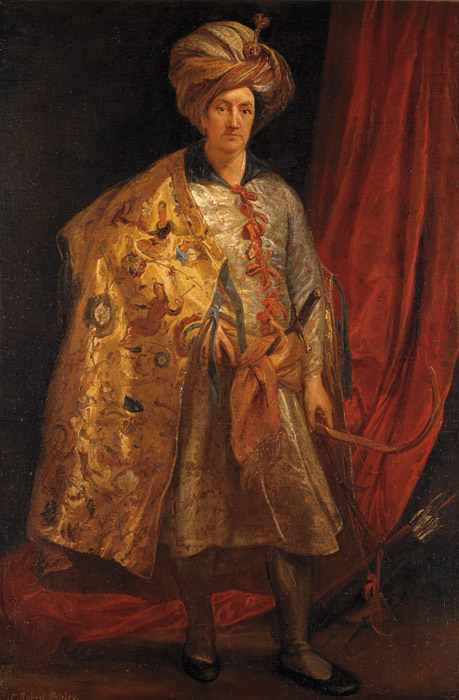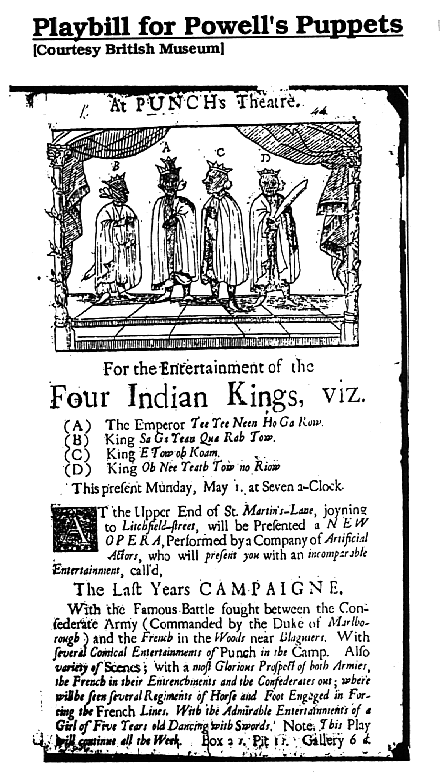2691 Coleman, M, W, F 10:00–10:50
Syllabus as pdf (brief version)
Objectives: His 2500 (38029) will help you to:
- Hone a historical research question.
- Locate, quote, and cite relevant primary sources.
- Understand, critique, and cite a body of relevant secondary literature (historiography).
- Manage (save, cite, and re-use) source citations.
- Constructing an historical argument.
- Refining your prose
- Presenting your findings to various audiences.
In other words, this course will help you become a better historian, and be able to appreciate, use, and sift the work of other historians. Doing this in the 21st century involves a variety of digital tools, and this course introduces these and teaches you how to use them yourself.
Ground rules:
The roots of the word history reach back through Anglo-Saxon to the ancient Greek term histor, which means `a wise an learned person,' and even further back to the Sanskrit word for knowledge. In modern English, history is the cousin of story. The study of history therefore is the gathering of human wisdom through stories. The content of history is an evolving mosaic of the human experience. For the history student, this accumulation of stories translates into a lot of reading. –David Pace and Sharon L. Pugh, Studying for History (New York, 1996), 86
- This course is assignment-driven. There are a large number of assignments, and class time shall be used occasionally to meet and work on assignments either using the laptops from the cart (or your own) or at Booth Library. This is a lab, not a lecture class. Class discussions shall focus on techniques and sources covered in the assignments.
- The Oxford English Dictionary defines critique as “to make a critical assessment of or comment on.” It is not about thumbs up or thumbs down; it is about informed assessment. Review and revision is part of the historical method: historians critique each other's papers all the time. It is called "peer review," and we will occasionally do this in class.

- Most assignments for this class will be 2-3 page, typed, and (except bibliographies) double-spaced, 12 pt serif font, and submitted on eiu online (D2L). Proofread all your work before submitting, as formatting and absence of typographical errors will become increasingly important during the semester as we aim for that final research paper. Keep an electronic copy of all assignments, bibliographies, and notes, as we will be returning to this material throughout the course. (Anyone with a documented disability should let me know the first week of class so that we can make appropriate accommodations.)
- Grading: Writing Assignments (#1-10, and pre-assignments, 50%); Research Paper (assignment #11, 25%); Participation (including in-class writing and formatting/citation quizzes 15%); final exam (and pre-quiz, 10%). Late written assignments deducted 1/3 grade per day (e.g. if I would grade it a B, late one day = B-). Attendance is not participation: two-to-three classes missed will probably not effect your participation grade (except during presentations), more than three probably will (given this flexibility I do not accept "excused" absences). Any modifications to this syllabus will be announced and posted on D2L and on this website
- This semester, the course will focus on Global Lines/Lives, 16th to 18th centuries, esp. 1660-1760. You will be asked to learn about the global interactions during that period (focusing mainly on the issue/problem you are going to write about), and to choose and develop an area of expertise in which you will develop a research question, a bibliography, present your finding in a blog posting and in a research paper which follows the conventions for academic history journals (and your future classes).
- Reading should be completed before the class assigned, and that book brought to class on that day.
Writing history is about making decisions. Historians choose from a broad range of subjects, selecting those they think are most important. They choose source materials carefully, assessing evidence that may support or contradict their arguments. And they choose ways to write, balancing respect for their subjects with the needs of their audience. –William Keller Storey, Writing History: A Guide for Students (Oxford, 1999), 1

